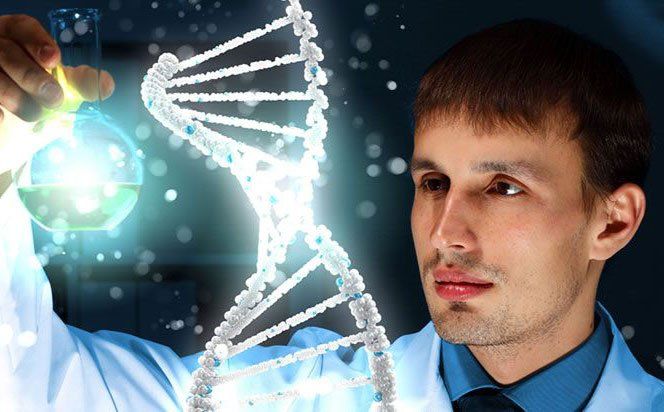MY ACCOUNT
TOPO1 N1-197
TOPO I (Human DNA Topoisomerase I, N terminal Domain 1-197)
- Species; Human
- Expression Host: Baculovirus-insect cell
- Tag: His-tag
- Purity: 95%
- Molecular Weight: 25.3 kDa.
- Gene Accession Number: NM_003286.
Purification and Quality Control
The N-terminal domain (NTD) of human DNA topoisomerase I protein (residues 1-197) was expressed in a baculovirus system and purified using affinity and FPLC chromatography. The purified TOPO I (Human DNA Topoisomerase I, N terminal Domain 1-197) is greater than 95% homogeneous based on SDS-PAGE analysis.
Unit Definition (Activity)
1 unit equals 1 nanogram purified protein. 0.1 – 10 units (ng) have been tested for an in vitro relaxation assay in a 20 µl reaction and contain no detectable DNA relaxation activity.
Variable exist in different lots
Applications
Purified topo I NTD can be tested for in vitro transcription, pre-mRNA splicing, DNA binding and protein-protein interaction assays.
Formulation and Storage
The protein is in 20mM Tris-HCl pH7.9,100mM NaCl, 0.2mM EDTA, 1mM DTT and 20% glycerol. Stored at -70°C before use. Avoid repeated freeze thaw cycles.
Protein Sequence
SGDHLHNDSQ IEADFRLNDS HKHKDKHKDR EHRHKEHKKE KDREKSKHSN SEHKDSEKKH KEKEKTKHKD GSSEKHKDKH KDRDKEKRKE EKVRASGDAK IKKEKENGFS SPPQIKDEPE DDGYFVPPKE DIKPLKRPRD EDDADYKPKK IKTEDTKKEK KRKLEEEEDG KLKKPKNKDK DKKVPEPDNK KKKPKK
Background
Human DNA topoisomerase I is the best studied of the DNA topoisomerase family. It catalyzes the relaxation of both positive and negative supercoils without the requirement of energy. In addition to DNA replication and transcriptional activation, DNA topoisomerase I also plays a major role in pre-mRNA splicing, cell cycle and other gene regulatory pathways during cell growth and development.
The N-terminal 214 amino acids of topoisomerase I comprise a highly charged N-terminal domain (NTD) involved in protein-protein interactions with a number of cellular proteins, including SV40 T antigen, nucleolin, SR proteins (Cat#P3002), p53 (Cat#P2001) (1-6) and other transcription factors (7-11).
Image of SDS-PAGE / Western-blot
.jpg)
References
1. Gai, D. et al., (2000) J Virol. 74, 5224-52322. Haluska, P. et al., (1998) Nucleic Acids Res. 26, 1841-1847
3. Mao, Y. et al., (2002) Proc. Natl. Acad. Sci. USA 99, 1235-1240
4. Labourier, E. et al., (1998) Nucleic Acids Res. 26, 2955-2962
5. Bharti, A.K. et al., (1996) J. Biol. Chem. 271, 1993-1997
6. Edwards, T.K. et al., (2000) J. Biol. Chem. 275, 36181-36188
7. Merino, A. et al., (1993) Nature 365, 227-232
8. Kretzschmar, M. et al., (1993) Proc. Natl. Acad. Sci. USA 90, 11508-11512
9. Shykind, B.M. et al., (1997) Genes Dev. 11, 397-407
10. Wang, Z. et al., (1998) Mol. Cell 1, 749-757
11. Suzuki, T. et al., (2000) Virology 270, 291-298
DISCLAIMER
This products is recommended For RESEARCH USE ONLY and is Not qualified for Use in Diagnostic or Therapeutic Procedures.




